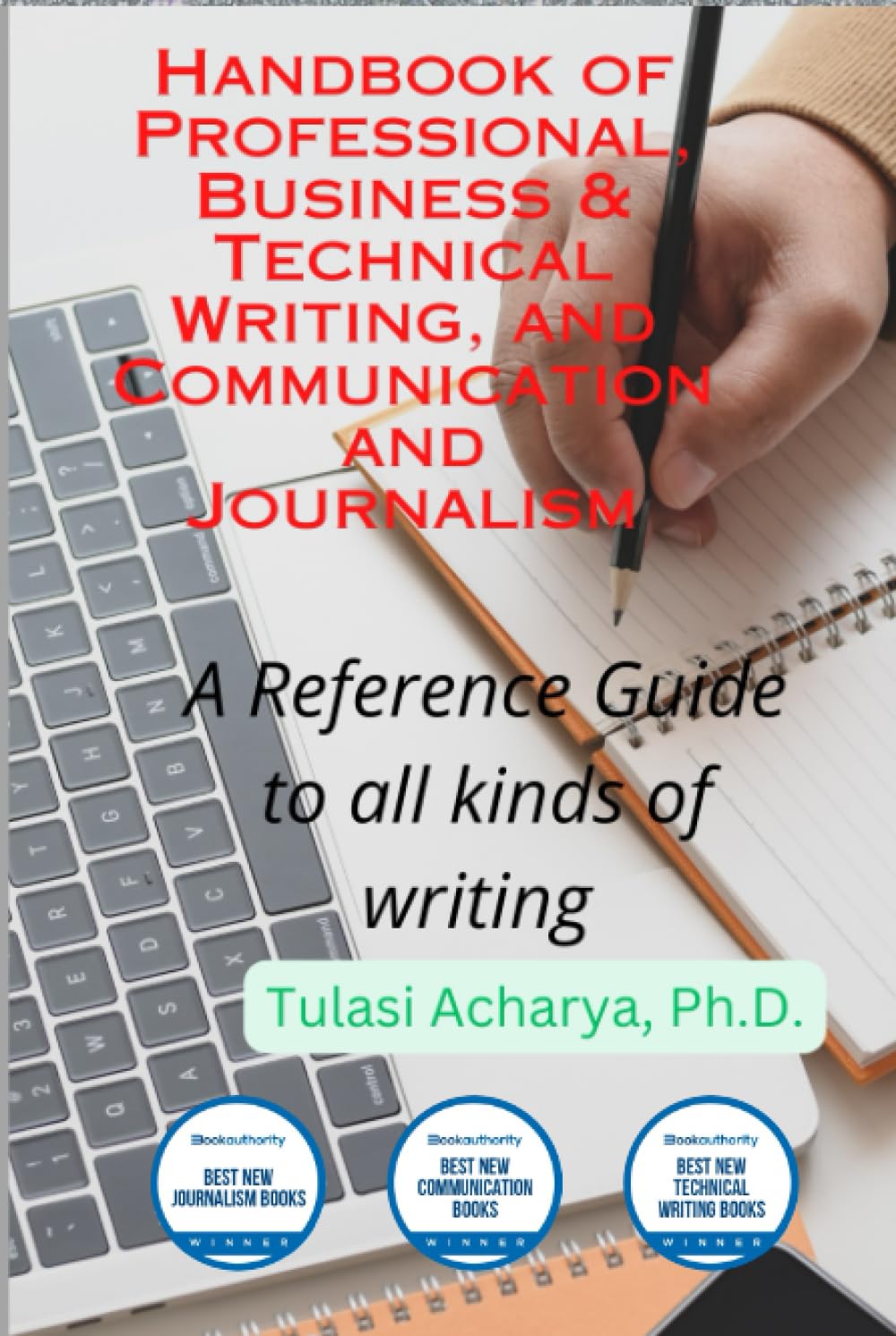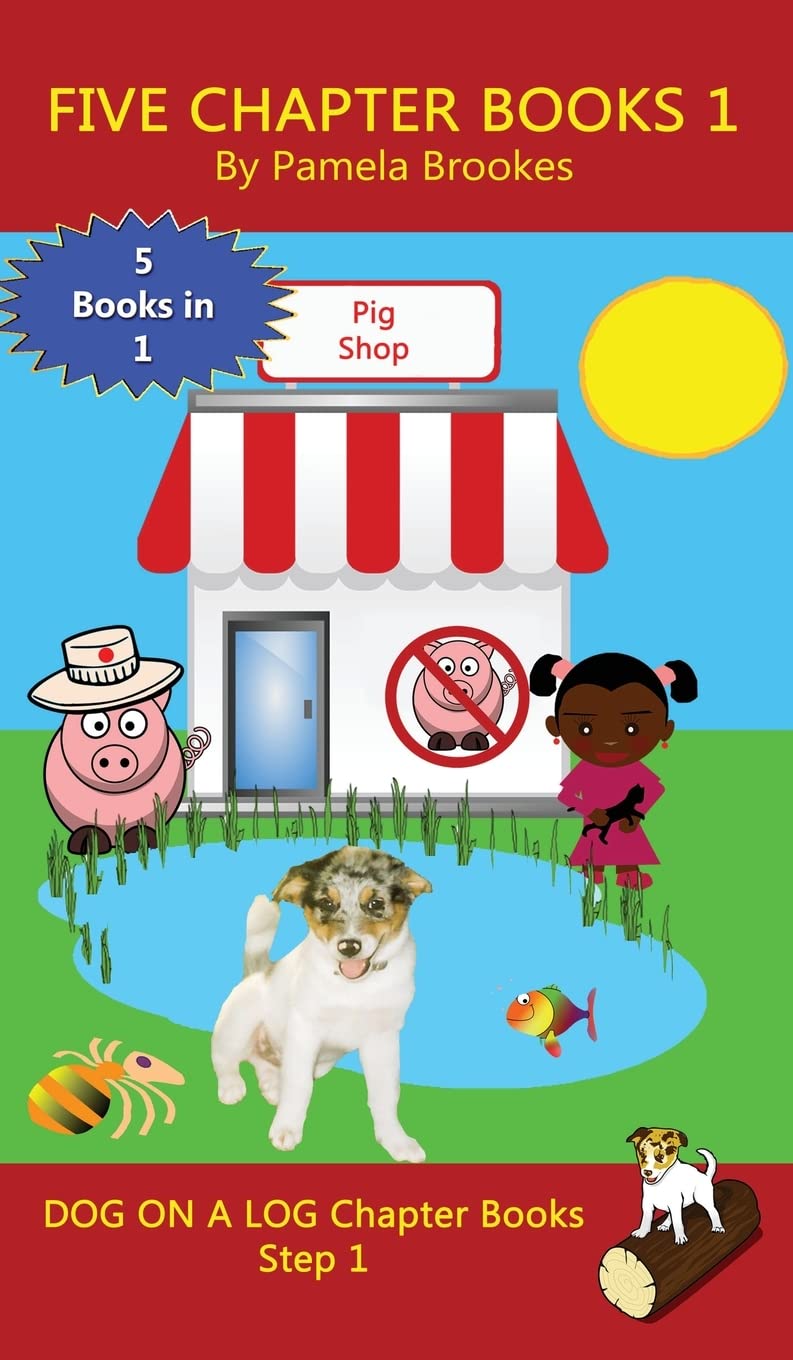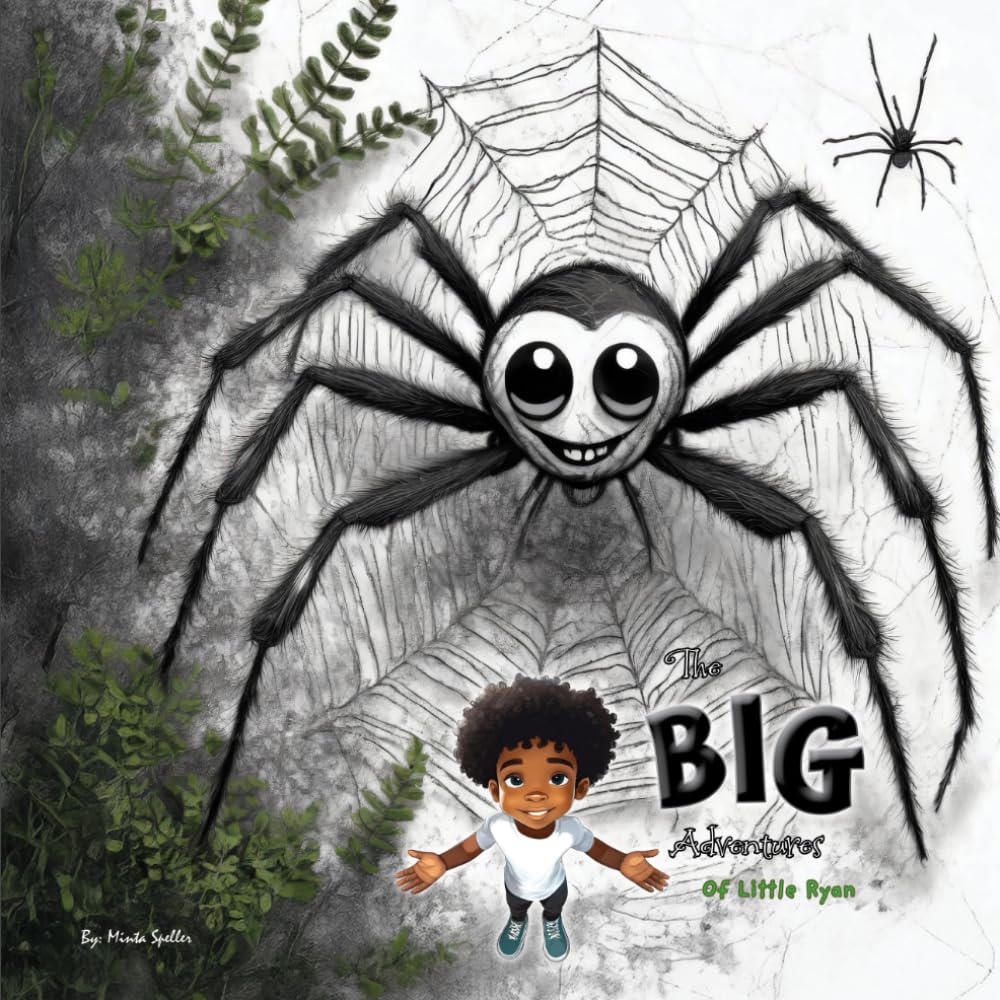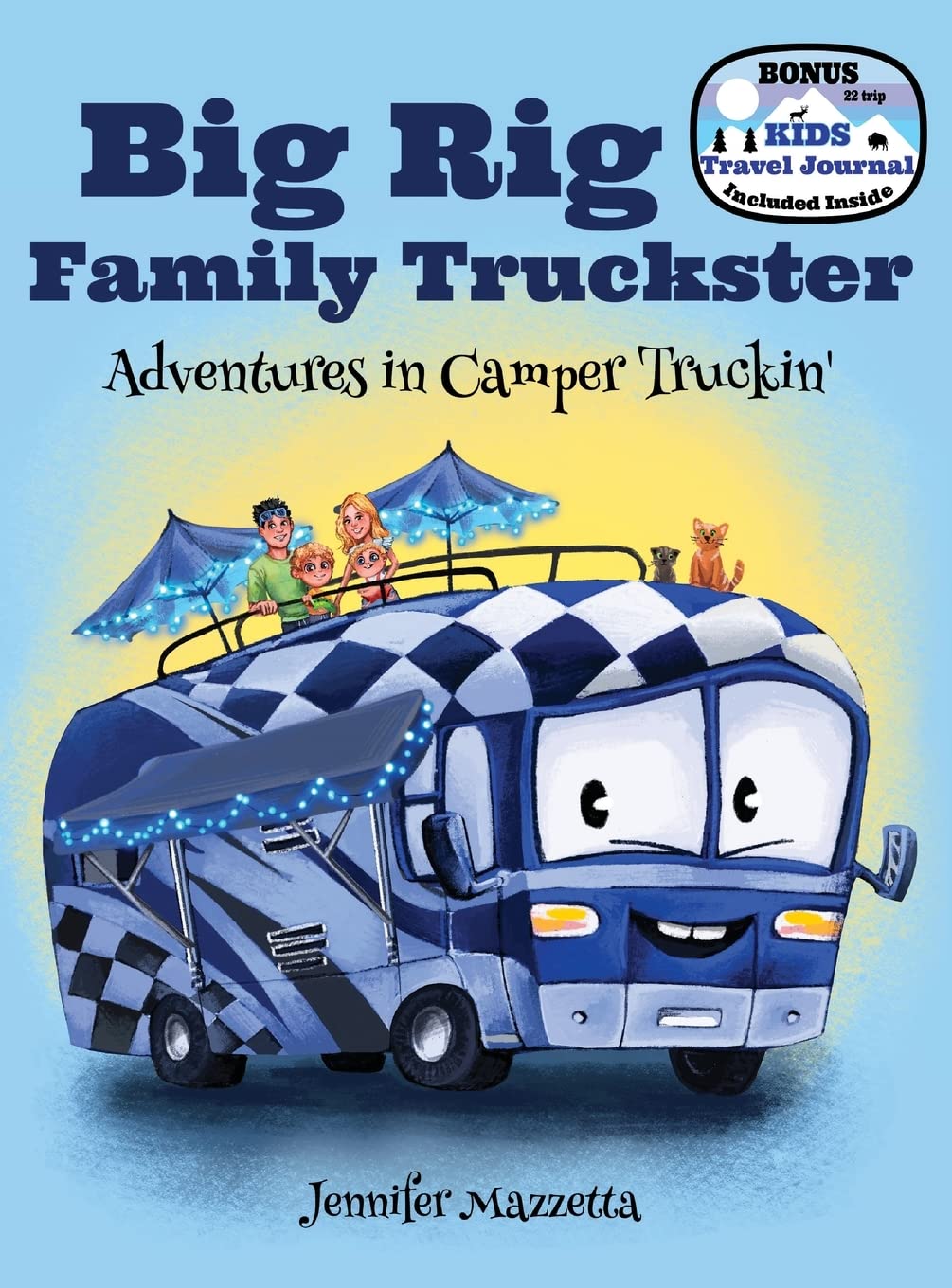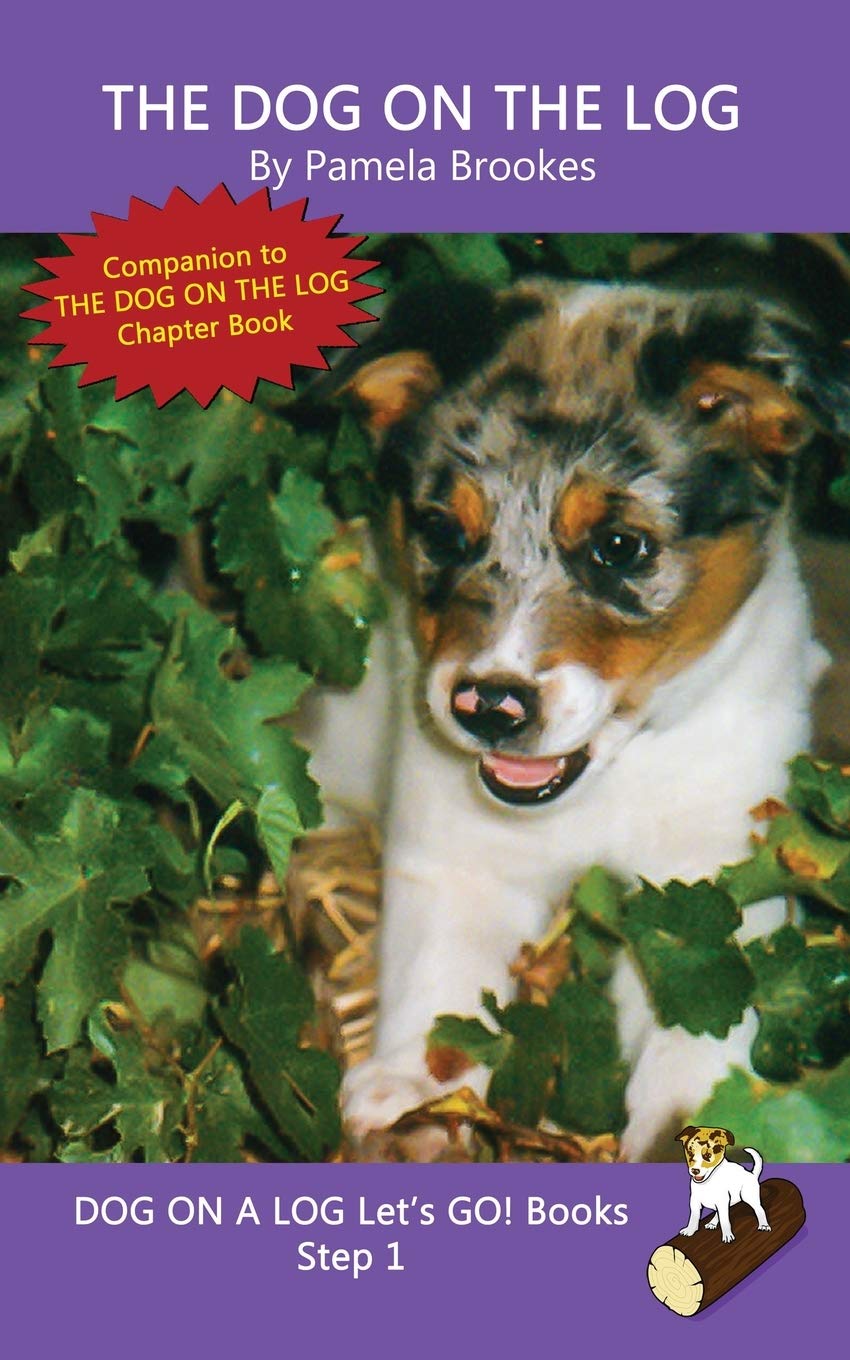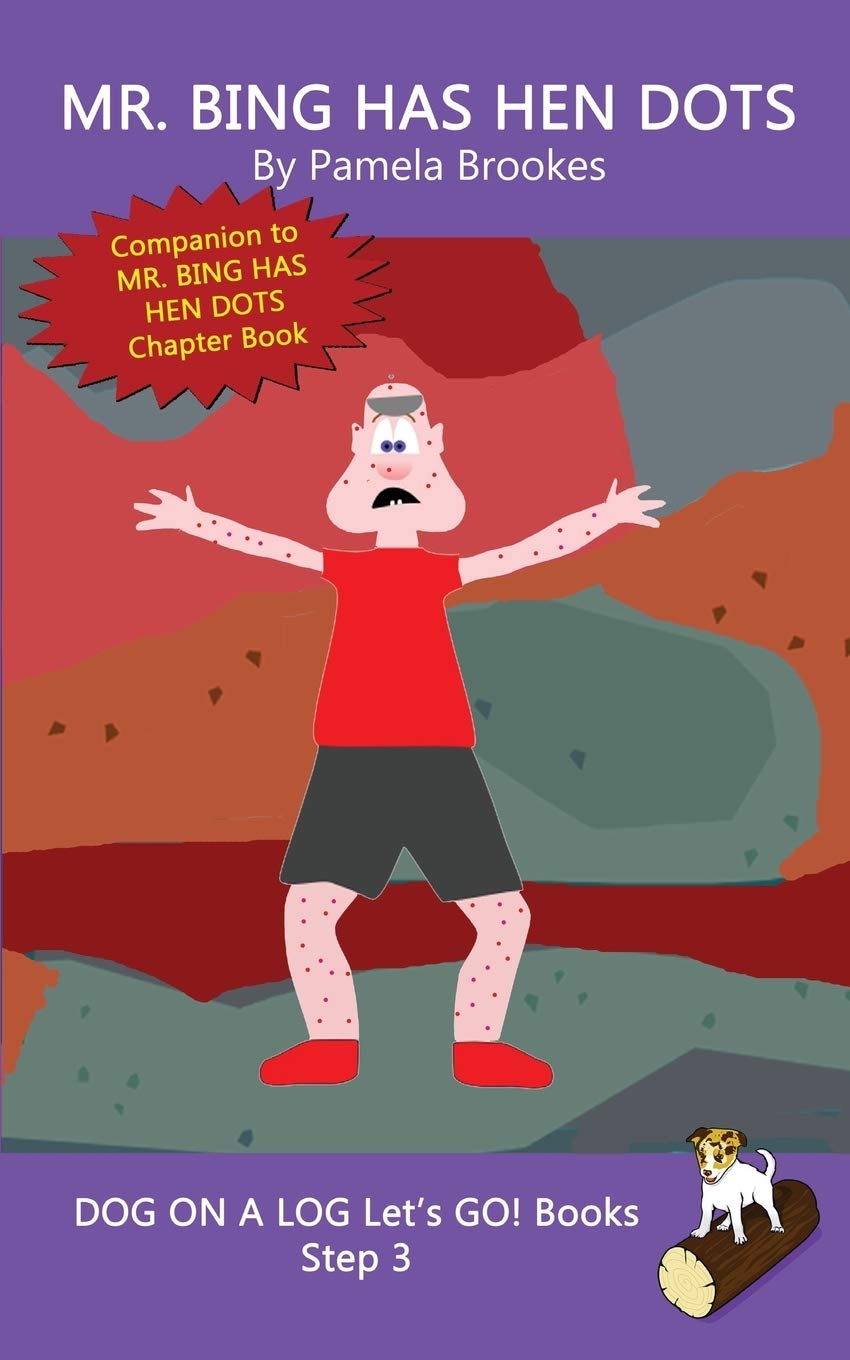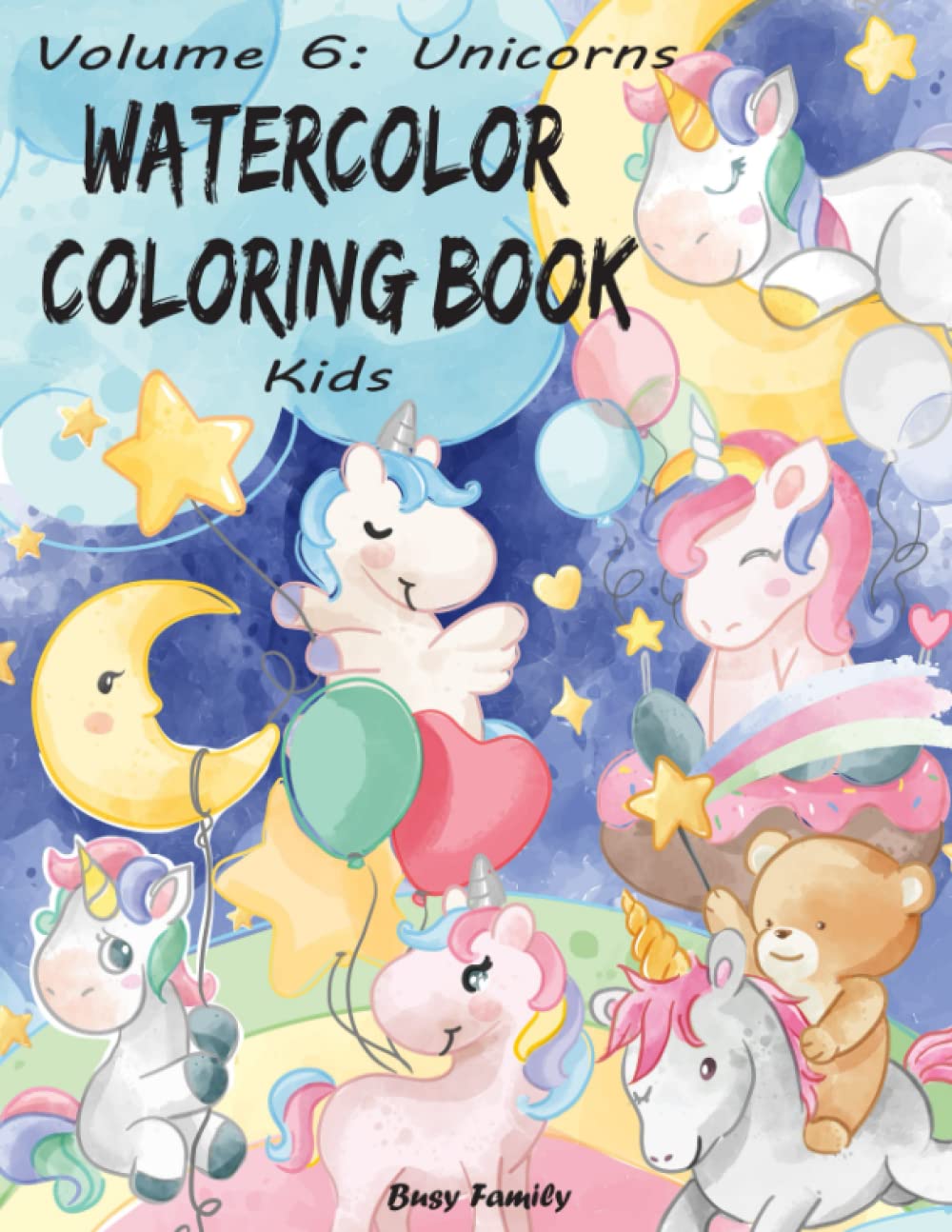This book is divided into two parts. Part one deals with technical topics in writing, such as business writing, proposal writing, writing for research, digital writing and other technical topics in writing, including even technical topics in literature. Part two is entirely on the topic of mass communication and journalism. The second part covers at length the issues and matters relating to mass communication and journalism, theories, and some technical aspect of editing, proofreading, photo editing, reporting, lay-out, broadcasting media, and so on. The aim of this book is to explore those technical writing topics in bulleted points, with the topics ranging from technical to business to academic to creative to digital to mass communication and journalism. The bulleted points will help better understand and memorize certain dos and don’ts of writing and writing guidelines. There are tons of materials available online and in published books about writing scattered randomly, but not a single focused book that cater the needs of students and writers for a thorough understanding of all kinds of technical topics in writing. Why should you buy this book? It provides in bulleted points - Introduction to Professional Writing - Basic things in common that apply to all kinds of writing - Public relations Writing (Workplace writing and letters and others) - Guidelines for writing proposals - Research process - Guidelines on designing visual information and designing pages - Writing tips for Digital media/New Media - Technical topics in literature - Introduction to Mass Communication - The concept of news and journalism - News Editing rules - Techniques of photo-journalism - Knowledge of broadcast media - Glossary of Journalim jargons "One of the best new Journalism books" - BookAuthority "One of the best new Journalism books" - BookAuthority "One of the Best New Technical Writing Books"- BookAuthority "One of the best new Communication books" - BookAuthority 14 Best New Journalism Books To Read In 2023 - BookAuthority write s, "Congratulations! Your book "Handbook of Professional, Business & Technical Writing, and Communication and Journalism" made it to BookAuthority's best new Journalism books!" Most of the content of this book has come from different online sources I used while teaching my students at the university. I have gathered some ideas directly from the sources and quoted them. Some of the bullet points in the books are from the PowerPoint slides I made for my student writers. For further readings, I have cited articles directly from the books or the online sources for which I have given the link and the cited sources. In this sense, I am a little bit an author and more of an editor in this book since I collect other's ideas, works, examples, and put them together to cater the needs of the students and writers from different walks of life. I believe this book will remain both as a handbook or a textbook and a reference for those interested in any kinds of writing or those who want to know how to write a resume, or a memo, or a news story, or a proposal, or a report and how to format them properly. The good thing about this book is the book begins with what writing is and what as a writer needs to know that comes out to be in common in all kinds of writing, such as the knowledge or audience, rhetoric, culture, and grammar. No matter what you write, if you do not have the knowledge of audience, rhetoric, culture, and grammar, you fail to communicate your writing to the readers. After each and every chapter, there are some questions for you to review and recap the readings. Different links and sources are provided, so the readers can go back to those links and explore more on the topics. "Write simple and clear" is the key to all kinds of writing, and this book emphasizes that. I am sure you will find this book extremely useful. Writing is important for any person coming from any profession. Whether you are a nurse, or an engineer, or a lawyer, or a journalist, or a person in any kind of profession, you will be writing—writing a report, or a proposal, or a brochure, or a memo. If you are looking for a job and need to apply for it, you need to have a good resume, meaning that needs to be well-written and properly formatted. You need technical knowledge of writing and drafting it. If you run an organization and need funding to run it (or an individual and you need money for research), you need to write a proposal for grants in such a way that your funders will be willing to give you money. Therefore, writing is involved in our everyday life. Whether you like it or hate it, you will be writing somehow, sometime, somewhere. Knowledge of such professional writing helps you write well and in a proper format depending upon the types of writing you choose. Professional writing covers different types of writing, such as technical, business, academic, and creative. Even within the different types of writing,
